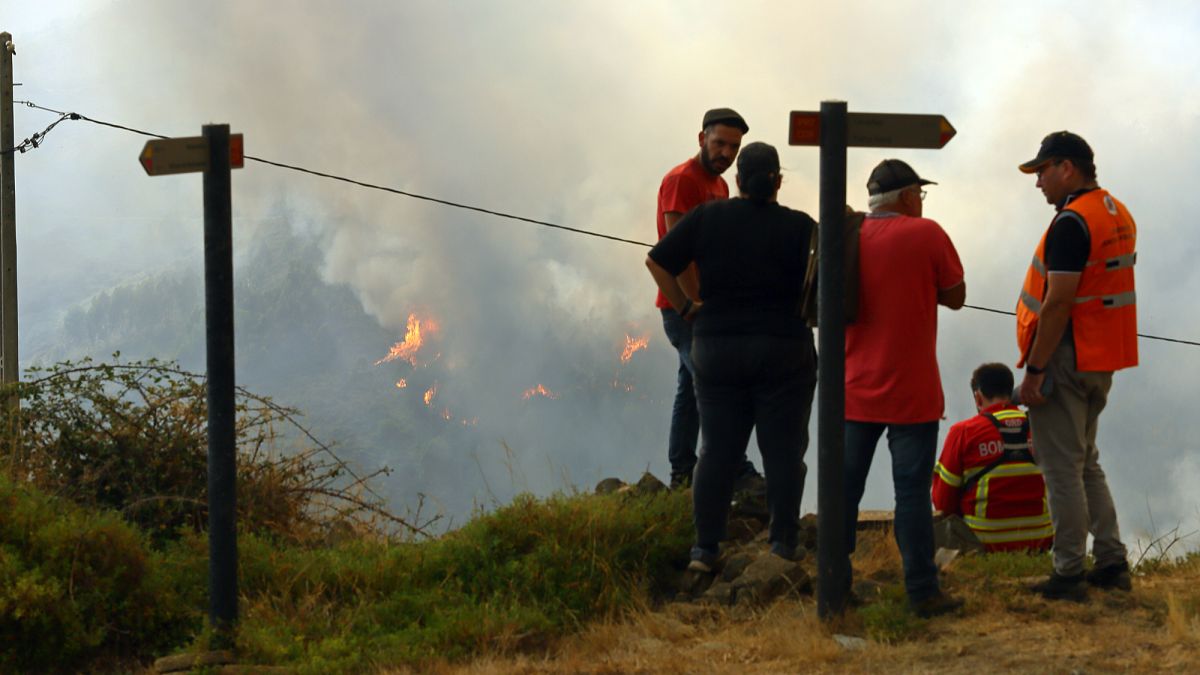

As Europe continues to face unprecedented heatwaves, the Iberian Peninsula has declared a state of high alert due to the increased risk of wildfires. Spain and Portugal, renowned for their sunny climates, are now experiencing the severe impacts of these heatwaves, which have alarmingly heightened the possibility of fires across their terrains. In response, authorities in these countries are marshaling extensive preventive measures, aiming to safeguard both their environments and populations.
This predicament is not isolated to the Iberian Peninsula. Throughout Europe, the reality of climate change is making its presence felt, nudging countries into action. One compelling example is the Basque province of Biscay in northern Spain. Biscay is rapidly becoming a model of adaptation through innovative solutions tailored to combat climate change. Bilbao, the capital city of Biscay, has launched ambitious projects like storm-proofing its electric grids and electrifying its port, positioning itself as a forerunner in sustainable urban development.
The transition to renewable energy is often viewed as a cornerstone in addressing climate change, providing a more sustainable alternative to fossil fuels. Nonetheless, experts voice the necessity for a conscientious evaluation of the environmental footprint that renewable technologies entail. Renewable energy production, while significantly cleaner, does entail some ecological impacts, prompting a call for thoughtful deployment and management. Balancing energy needs while minimizing ecological harm remains a key focus of ongoing discourse.
Meanwhile, as wildfires rage, Cyprus finds itself grappling with both environmental challenges and political entwinations. The recent fires shed light on systemic vulnerabilities within governmental frameworks. In Cyprus, a breakdown in the early warning system, along with a poorly communicated evacuation plan, resulted in confusion and chaos among residents. This situation exemplifies a broader challenge faced by numerous European nations, where political ambiguity hinders effective disaster response and mitigation.
The compounded effects of climate-induced natural disasters demand a coordinated and comprehensive approach at both national and continental levels. Countries across Europe are joining forces, sharing knowledge and resources to enhance resilience against escalating climate challenges. These cooperative efforts are crucial in fostering a sustainable future, aligning individual actions with collective ambitions to curtail the adverse impacts of climate change.
Reflecting on current events, Europe stands at a critical juncture. As nations navigate through this maze of environmental challenges, the blend of cutting-edge technology, renewable energy, and improved governance emerges as the pathway forward. With momentum in collective action and innovation, Europe moves steadfastly toward a resilient and sustainable future, aiming to turn climate adversities into opportunities for growth and transformation.
Source: {link}
